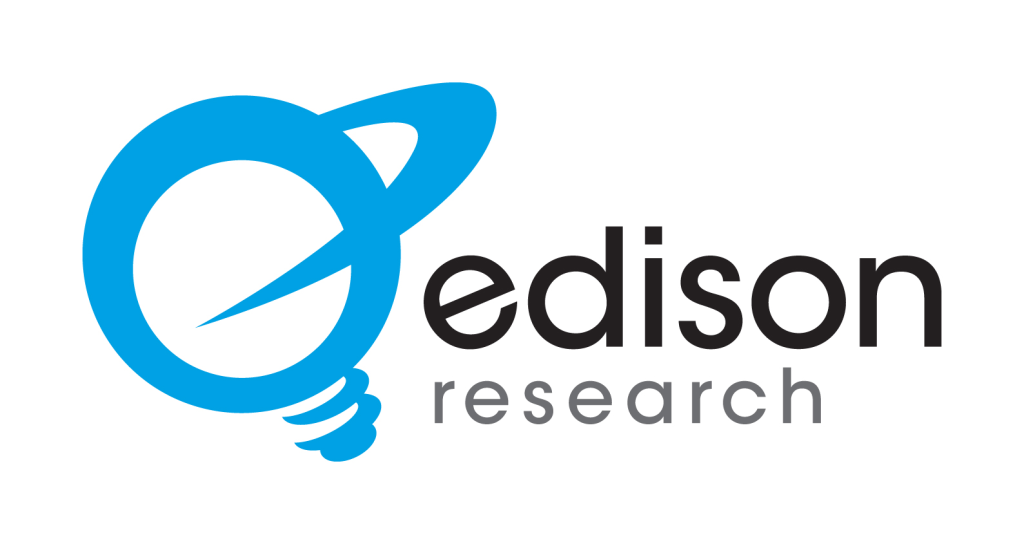Gli americani trascorrono quasi il 20% della giornata con l'audio; nel secondo trimestre del 2024 ciò si tradurrà in 4 ore e 5 minuti di ascolto giornaliero1 attraverso piattaforme con e senza pubblicità come radio, podcast, servizi di musica in streaming e radio satellitari. La costante importanza dell'audio nelle nostre abitudini mediatiche è stata una delle ragioni che hanno portato al lancio di The Record, un'analisi trimestrale di come il pubblico statunitense suddivide il proprio tempo di ascolto, realizzata da Nielsen e Edison Research.
Mentre gli addetti al marketing seguono le tendenze che influenzano le loro strategie mediatiche cross-canale, The Record offre una prospettiva distinta del tempo trascorso con i canali audio supportati da pubblicità.
Tra aprile e giugno del 2024, gli ascoltatori hanno dedicato il 67% del loro tempo quotidiano all'audio supportato da pubblicità alla radio, il 19% ai podcast, l'11% ai servizi di streaming audio e il 3% alla radio satellitare. Tra i giovani di età compresa tra i 18 e i 34 anni, la quota di tempo dedicata alla radio è aumentata dal 45% del primo trimestre al 48% del secondo trimestre, mentre i podcast sono leggermente diminuiti dal 37% al 35%.
Un'istantanea trimestrale: Edison Research Quota di Ear®
Questo grafico mostra come gli americani trascorreranno il loro tempo con l'audio supportato da pubblicità nel secondo trimestre del 2024.
Esplorate ancora di più gli approfondimenti audio con le tabelle di dati aggiuntive qui.
La radio, l'originale piattaforma audio ad-supported, raggiunge costantemente tutti gli angoli della popolazione. Tra i consumatori più giovani, quasi la metà di tutto il tempo giornaliero dedicato all'audio supportato da pubblicità viene trascorso alla radio, mentre gli ascoltatori più anziani dedicano alla radio quasi tre quarti del loro tempo.
Queste tabelle aggiuntive illustrano come varia la quota di pubblico in base al formato, all'età, alla fascia demografica e alla piattaforma per i 15 formati radiofonici AM/FM di maggiore diffusione. Queste tabelle distinguono tra la quota di ascolto radiofonico complessivo e la quota di ascolto in streaming, ovvero di coloro che ascoltano i flussi digitali delle stazioni radiofoniche.
Tracciamento dell'ascolto radiofonico per formato
Questo grafico rivela quali formati radiofonici hanno la quota di ascolto più alta e come questa differisce tra la radio totale (radio via etere e streaming insieme) e l'universo dello streaming radiofonico.
Esplorate ancora di più gli approfondimenti audio con le tabelle di dati aggiuntive qui.
La quota di ascolti in streaming per formato è generalmente più alta per la programmazione di notizie e sport e per alcuni formati basati sul rock, tra cui Alternative e Classic Rock. Nelle tabelle aggiuntive dei dati, le tendenze del "parlato" si confermano in generale in tutti i gruppi, mentre tra gli ascoltatori ispanici si notano differenze uniche per alcuni formati in lingua spagnola.
Esplorate ancora di più gli approfondimenti audio con le tabelle di dati aggiuntive qui.
Come dimostrano i dati, l'audio rimane un elemento fisso nelle abitudini mediatiche quotidiane degli americani e rappresenta un'opportunità per migliorare le vostre campagne crossmediali.
Il Record fornisce un'analisi trimestrale dei comportamenti di ascolto dell'intero universo radiofonico. I grafici rappresentano l'utilizzo medio giornaliero e la quota di ascolto per il pubblico statunitense.
Per ulteriori dati e approfondimenti sull'audio, contattate il nostro team di esperti.


Fonte
1EdisonResearch, "Share of Ear®" Q2 2024



